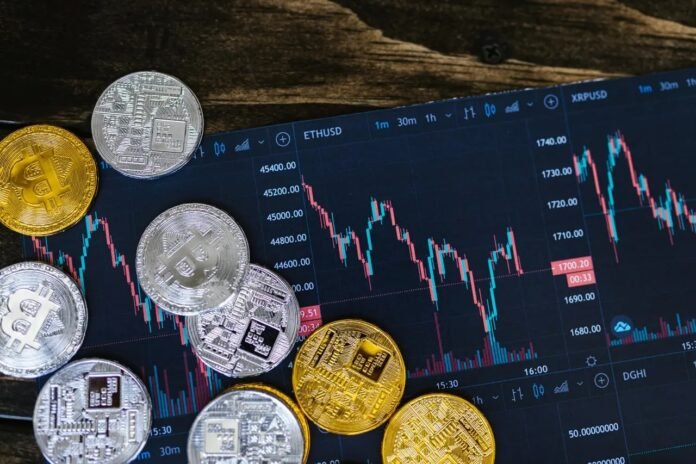Investors in Singapore have a wide range of options for investing their money. One popular option is to purchase an exchange-traded fund (ETF). ETFs are traded on stock exchanges and can be bought and sold like shares. They offer exposure to loads of assets, making them a diversified investment option. You can start trading ETFs with Saxo.
Lower costs
ETFs are less expensive than actively managed funds because ETFs are usually index-tracking, which means they aim to replicate the performance of a specific index. It requires less work and results in lower costs for investors.
Greater transparency
Investors in ETFs know what they are buying, as the holdings of an ETF are published daily. It is, in contrast, to actively managed funds, where the holdings are not disclosed as frequently.
Tax efficiency
When an investor sells an ETF, they will only be taxed on the capital gains made on the investment. Unlike mutual funds, investors are subject to taxes on both the capital gains and the dividends received.
Flexibility
Traders can buy and sell ETFs at any time during the trading day, unlike mutual funds, which are only priced once at the end of the trading day. Investors can take advantage of market movements more efficiently with ETFs.
Diversification
ETFs offer exposure to various assets, including stocks, bonds, and commodities, making them a diversified investment option.
Liquidity
ETFs are highly liquid and traded on stock exchanges, meaning that investors can buy and sell them quickly and easily.
Accessibility
Many ETFs are available through online brokers, making them accessible to many investors.
Lower minimum investment requirements
Many ETFs have lower minimum investment requirements than other investment products, such as mutual funds, making them more obtainable to a broader range of investors.
How to buy ETFs in Singapore
Open a brokerage account
To buy ETFs in Singapore, you will need to open a brokerage account with a local broker.
Research the ETFs you want to buy
After opening a brokerage account, you can research the ETFs you are interested in buying. There are many resources available online that can help you with this.
Place an order
When you have decided which ETFs you want to buy, you can place an order with your broker, and they will execute the trade for you.
What to consider before investing in ETFs
Your investment goals
What are your investment goals? Are you looking for long-term investments, or are you looking for more immediate returns? ETFs can be an excellent option for both long-term and short-term investors.
Your risk tolerance
How much are you prepared to risk? ETFs come with different risks, depending on the type of assets they invest in. For example, ETFs that invest in stocks will be more volatile than ETFs that invest in bonds.
The fees
Ensure you check the fees charged by the broker before investing in ETFs. Some brokers charge higher fees for trading ETFs than other types of investments.
The minimum investment requirements
Some ETFs have minimum investment requirements, meaning you will need to invest a certain amount of money to purchase them.
The taxation
Be sure to check the taxation rules for ETFs before investing. There are different tax rules for different ETFs, which can vary from country to country.
Common ETF risks
Market risk
All investments are contingent on market risk, which is the risk that the value of an investment will go down due to factors such as economic recession or political instability.
Liquidity risk
Traders can trade ETFs on stock exchanges, which means there is always a risk that they may not be able to be sold as fast or at all, which is known as liquidity risk.
Counterparty risk
When you invest in an ETF, you enter a contract with the ETF provider, meaning there is a risk that the provider may not be able to meet its obligations under the contract, known as counterparty risk.




